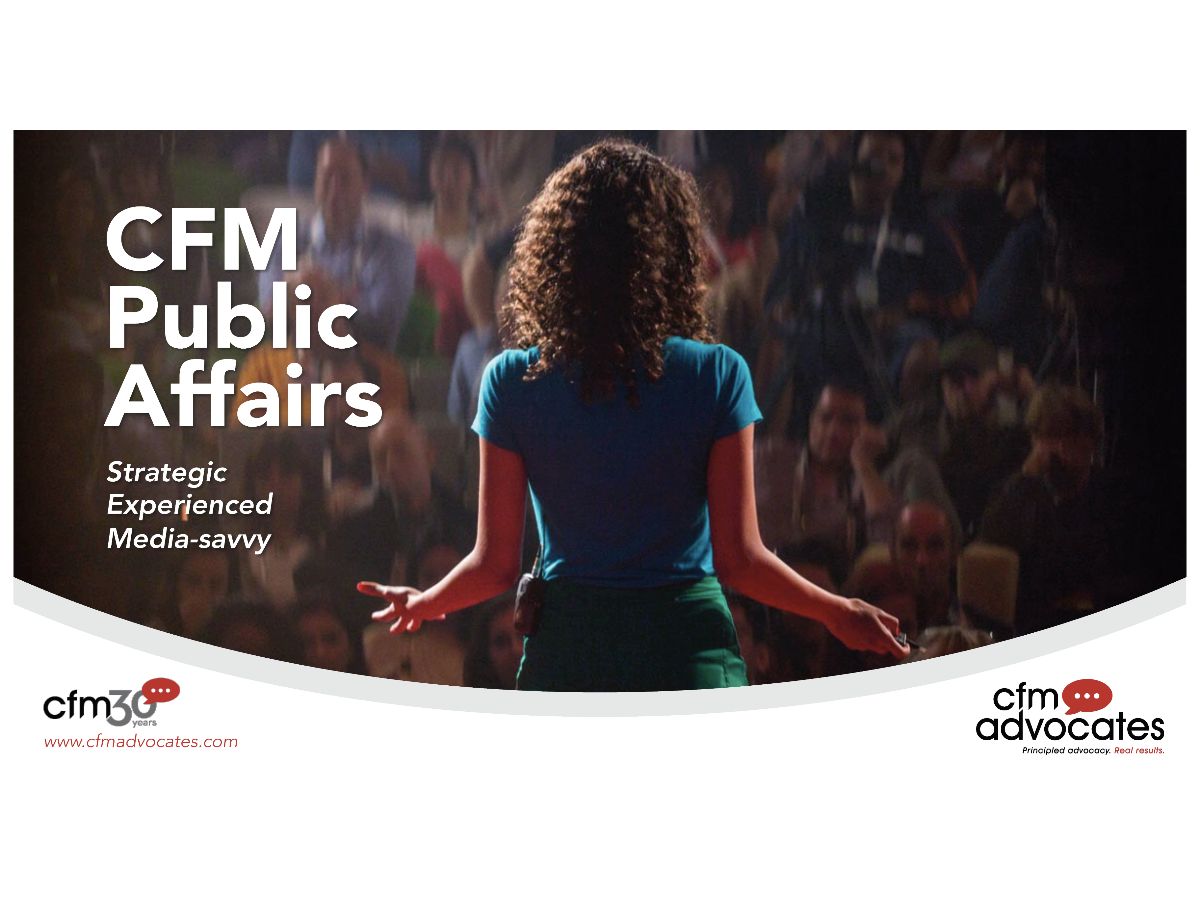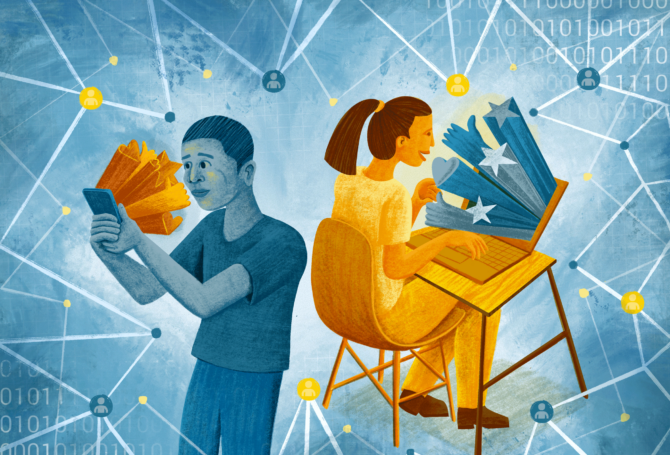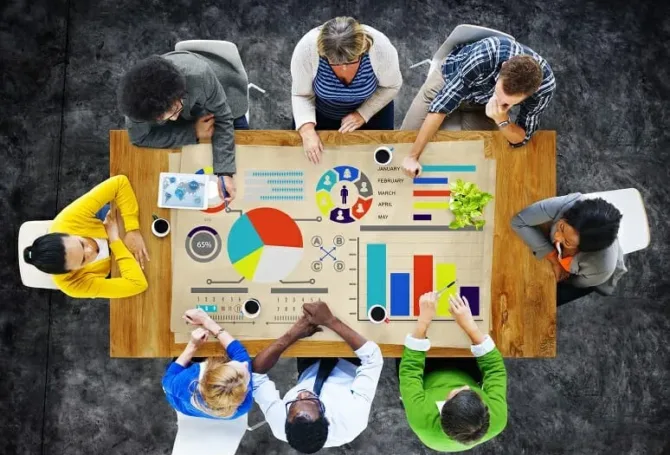
Alan Alda Shares Insight on Interactive Listening, Spontaneity
In speaking, relatability isn’t the icing on the cake; it’s the cake. Those wise words from Alan Alda should guide speechwriting and the people who give speeches.
Alda also is an actor, activist, author and podcast host. He founded the Alan Alda Center for Communicating Science, with the objective of training STEM and medical professionals to “communicate clearly and vividly”. Clear, vivid communication is greatly aided, according to Alda, by being relatable.
Relatability is “being so aware of the other person that, even if you have your back to them, you’re observing them,” Alda wrote in his book, If I Understood You, Would I Have This Look on My Face?. “It’s letting everything about them affect you; not just their words, but also their tone of voice, their body language, even subtle things like where they’re standing in the room or how they occupy a chair. Relating is letting all that seep into you and have an effect on how you respond to the other person.”
In addition to empathy, improvisation and spontaneity are traits Alda encourages to become more relatable when speaking, either formally or informally.
“The way I first started (in comedy improvisation performances), they threw us on stage in front of an audience and we had to make up hilarious scenes in front of people, and that can drive you crazy,” Alda explained in an interview for nextavenue.org. Since most people can’t take a comedy improv class, Alda recommends consciously practicing what he calls “interactive listening” where you confirm what you heard. In other words, by an empathetic listener.

Alan Alda’s insights on effective communication and relatability comes from his experience converting interviews with scientists and medical professionals into conversations.
Alda insists interactive listening can’t be taught; it has to be learned through practice and repetition. “I’ve found there’s a wonderful feeling of reconciliation, a peaceful feeling that things are less tense when two people are really connecting to each other, looking at each other, hearing each other when each knows he or she has been understood by the other.”
The award-winning actor and director of the hit series Mash, Alda earned different honors for being host of Scientific American Frontiers on PBS. “I think that what I got better at as time went on was being myself, and the interaction I had with the scientists helped them to be themselves.” Alda rejected the show’s original format that called for him to a narrator. He said the show would be more compelling if he talked directly to scientists, “like having dinner with a friend over dinner”.
Speech coaches counsel speakers to relate and talk to their respective audiences. Alda, who doesn’t believe in speaking tips, only offers his personal example. “The more you let out all the parts of yourself that are unguarded and not necessarily what you want to show, the more texture of the real person comes out. That’s more interesting to look at. And I think it brings it out of the other person who you’re talking to.”
When speaking to a large group, relating to an individual, face to face, is difficult but still possible. A great example was a speech by Tommy Thompson, former US Secretary of Health and Human Services, at the Portland City Club. As he began, Thompson moved away from the podium to the front of the elevated stage and pointed out and thanked individual Oregonians whom he had met on his trip. Each recognition was personal, reflecting an understanding of what Thompson had seen and heard. He exhibited what Alda calls interactive listening.
When Thompson returned to the podium to deliver his speech, it was as if the audience had slid in their chairs closer to the stage to hear more of what he had to say.
Alda learned relatability as a TV program host, converting interviews with scientists into conversations. Thompson earned his communications chops as a politician, which allowed him to become the longest serving governor in the history of Wisconsin. However, limelight isn’t the secret ingredient of relatability. The secret ingredient is a personal commitment to be relatable.
As you learn to adjust communication to your audience, Alda says, “It enables a closer connection, a more personal connection, to the person you’re trying to communicate with. And what happens, I think, is that the other person becomes your communicating partner, not the target of your communication.”
There is no failing in improvisation, Alda insists. “It takes a bit of a willingness to leap.”
Adjusting to your audience enables a closer connection, a more personal connection, to the persons you’re trying to communicate with. And what happens is the other persons becomes your communicating partners, not the targets of your communication.
Relatability may be more important now than ever as the nation grows more divided on issues such as guns, abortion and climate change. “Nothing is accomplished by demonizing the other side regardless of who started it,” Alda says. “When you think that we are all Americans and we all want the country to prosper, just because we have different ways of going about it doesn’t mean we have to call each other names. We’re not going to get anything done and we haven’t gotten anything done for years.”
Alda pointed to studies that show students learn more from teachers when they have shared vantage points. “Teaching gets better when the teacher and the student know about the similarities that they have – it’s almost automatic that things happen. Some doors open. A channel opens up.”




